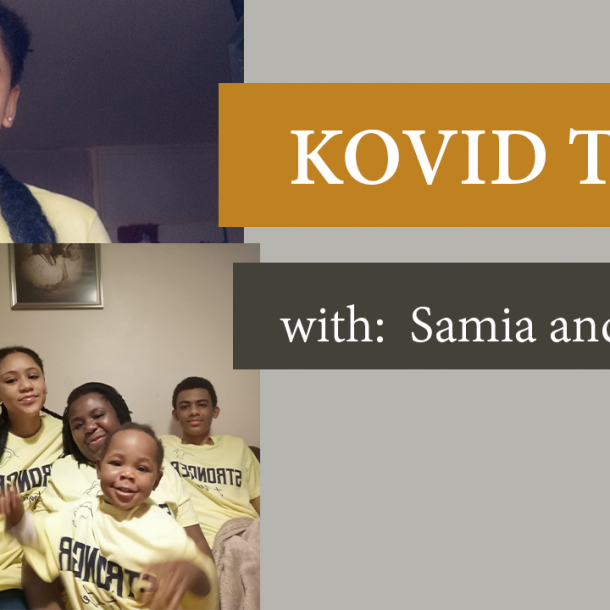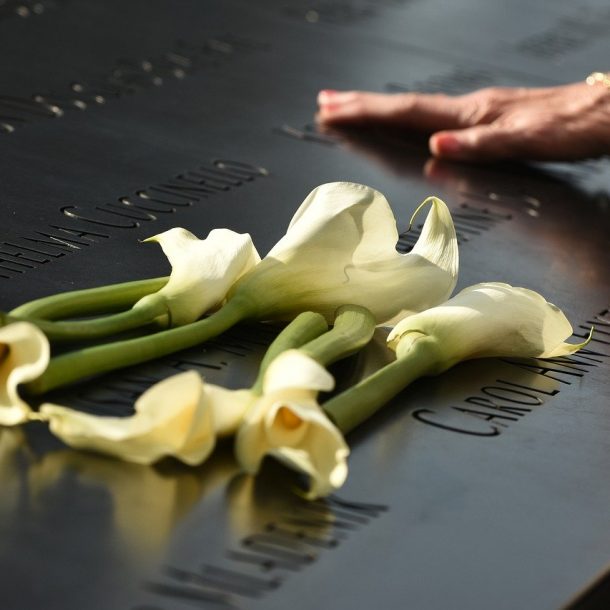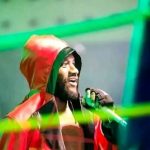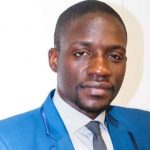
Recent Posts
- AKA “WINDY D” IS AS BOLD AS A LION – CHIBABA TO THE WORLDJanuary 4, 2024
- Are Putin’s Days Numbered!! April 8, 2022
- Queen Elizabeth and Boris Johnson lead tributes to ‘Superb’ Emma Raducanu.September 12, 2021
- SIKAILE SIKAILE WRITESAugust 19, 2021
- AKA “WINDY D” IS AS BOLD AS A LION – CHIBABA TO THE WORLD









